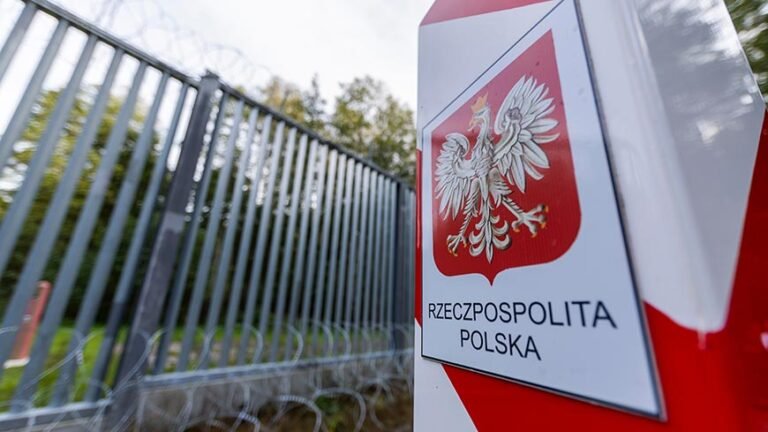2024 will be another year of resilience for the Baltic countries and the euro area as a whole, but with stronger economic growth and a further decline in inflation, Eurogroup President and Minister for Public Expenditure, National Development Plan Delivery and Reform of Ireland Paschal Donohoe told LETA in an interview.
The Eurogroup President, who met this week with the central bank governors and finance ministers of the Baltic countries, stressed that the Baltic economies have shown considerable resilience as they were the first to face a sharp jump in inflation at the outbreak of the war in Ukraine.
“The last time I was here, we discussed soaring inflation, which can have a very serious impact on living standards and economic performance. Now we are at the beginning of 2024, we have seen a dramatic rise in inflation both in Latvia and in neighboring countries, but we see that all these economies have avoided a significant downturn,” said Donohoe.
He stressed that the single currency – the euro – has also played a role in this, as it has ensured that, for example, Latvian exporters selling in Germany or another euro area country have been able to do so without the risk of currency fluctuations.
“As an Irish person, also from a relatively small economy on the edge of Europe, I think we have had very similar experiences. What the euro offers Latvia and what it offers Ireland is a promise of stability at a time of global challenges. I believe that, because we are members of the euro area, we have been better able to get through the pandemic, we have been better able to get through periods of very high inflation as a result of the war and the effects of the pandemic. So this is about stability,” said the Eurogroup President.
He also stressed that the euro is the only global reserve currency at whose borders a war is being fought. This has had a huge impact on both inflation and confidence in the euro. But the euro area has avoided the recession that many predicted was inevitable and has maintained very high employment levels in many countries, including Latvia.
“If we look at the performance of the Latvian economy. You were on the front line in dealing with the economic consequences of high inflation, and while there was a downturn, it was relatively moderate. At the same time, you maintained employment at a very high level. In fact, that is a very good story to tell about resilience in the euro area as a whole and here in your economy. You know, if five years ago someone had said that the economy would face 20 percent inflation for several months at a time, a severe recession would have seemed inevitable. Your economy survived the shock of such a huge inflation and still managed to avoid a major recession. I think this is a significant achievement,” said the Eurogroup President.
On the outlook for the future, Donohoe said that this would be another year of resilience, but with faster growth than last year, lower inflation and still a very high number of employed people.
The euro area includes Austria, Belgium, Croatia, Cyprus, Estonia, Finland, France, Germany, Greece, Ireland, Italy, Latvia, Lithuania, Luxembourg, Malta, the Netherlands, Portugal, Slovakia, Slovenia and Spain.
Source: BNS
(Reproduction of BNS information in mass media and other websites without written consent of BNS is prohibited.)






















